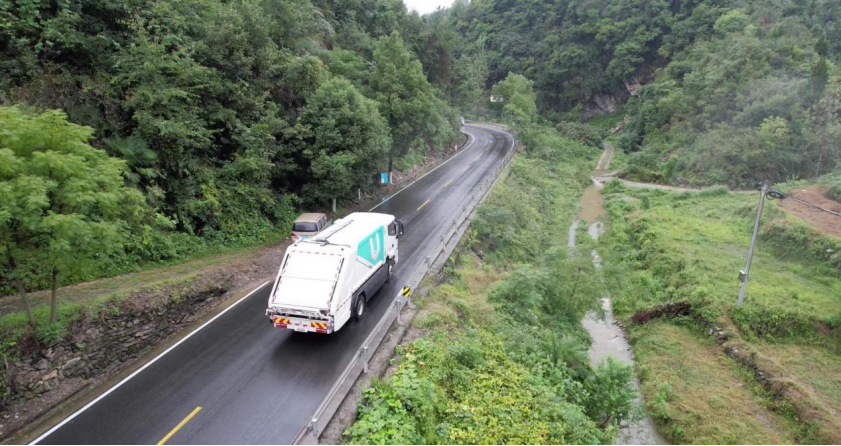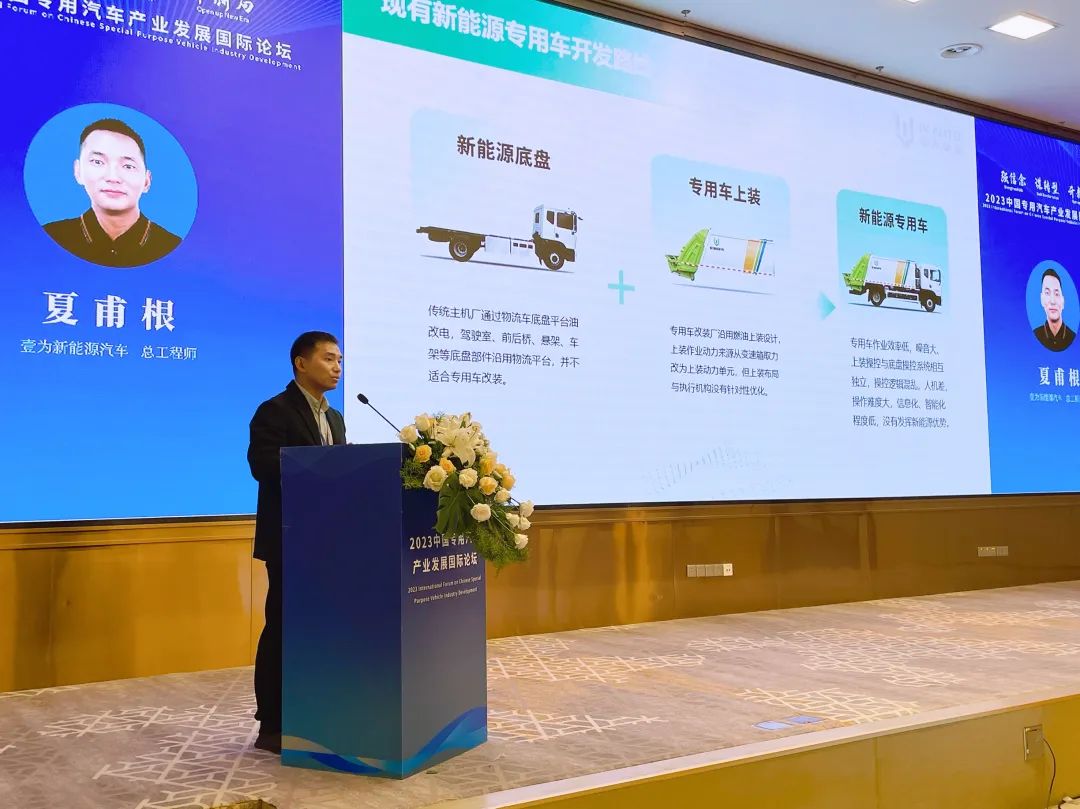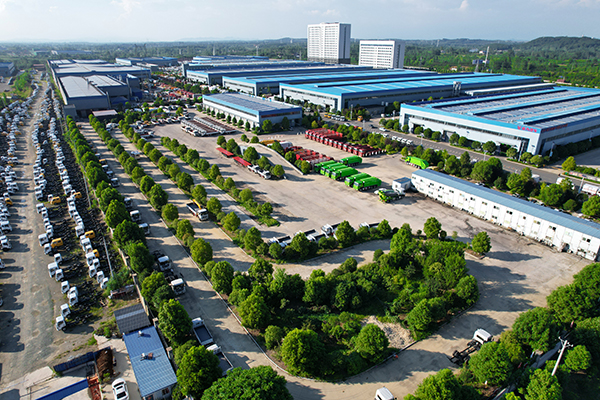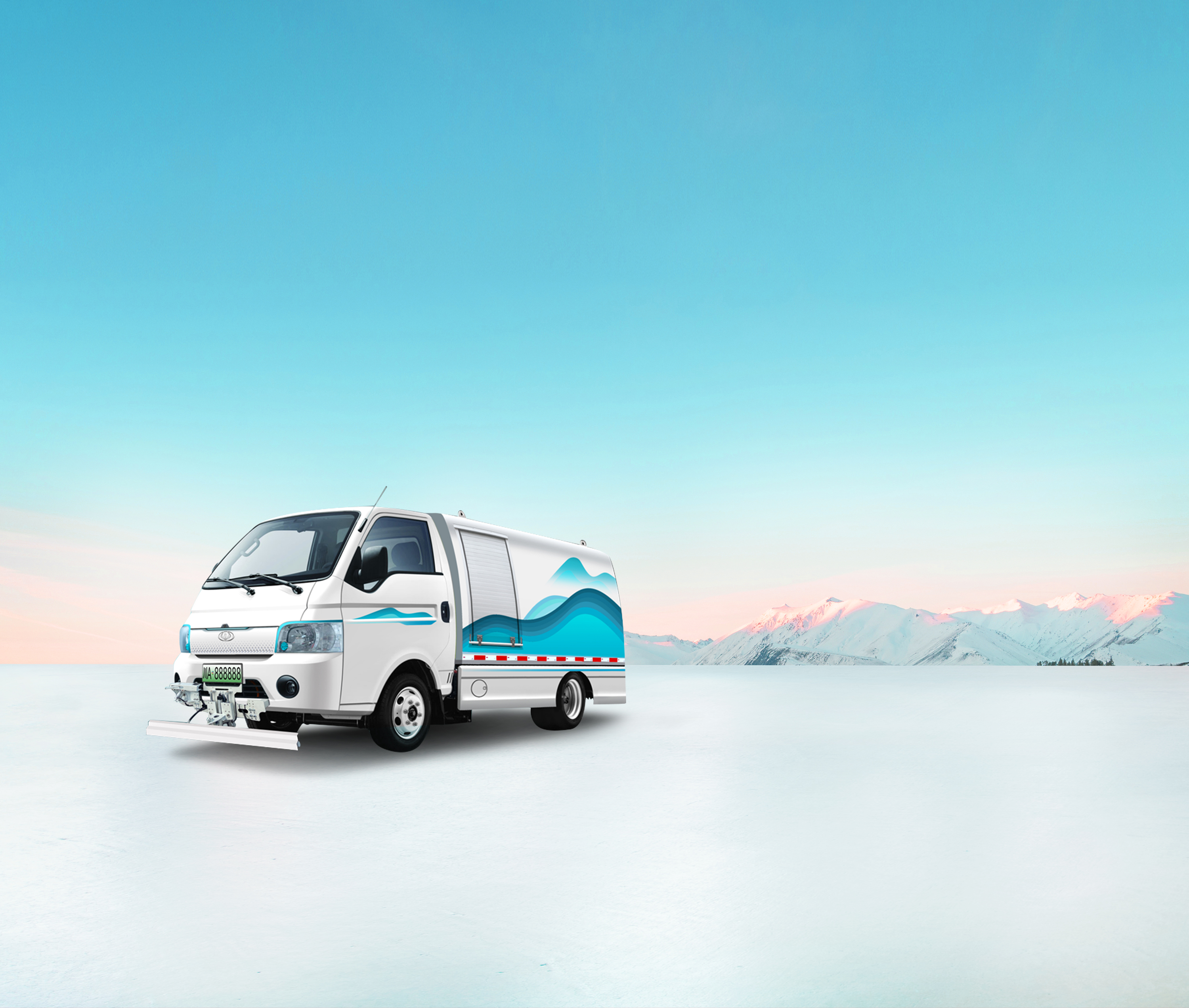
Recently, the Ministry of Industry and Information Technology, the Ministry of Transport, and other eight departments formally issued the "Notice on Launching the Pilot of Comprehensive Electrification of Public Sector Vehicles." After careful consideration, 15 cities including Beijing, Shenzhen, Chongqing, Chengdu, and Zhengzhou were selected as pilot cities. The initiative encourages the exploration and establishment of replicable and scalable experiences and models, playing a leading role in promoting the comprehensive marketization of new energy vehicles and the construction of a green and low-carbon transportation system.
The notice clearly outlines three main objectives: a significant increase in the level of vehicle electrification, strong support for charging and swapping service systems, and innovative application of new technologies and models. It also emphasizes four key tasks: enhancing the level of vehicle electrification, promoting the application of new technologies, improving charging and swapping infrastructure, and establishing sound policies and management systems.

The expected targets include promoting new energy vehicles in areas such as government vehicles, urban buses, sanitation vehicles, taxis, postal and express delivery vehicles, urban logistics vehicles, airport vehicles, and specific heavy-duty trucks, with a total promotion of over 600,000 vehicles. In terms of charging and swapping infrastructure, the plan is to construct over 700,000 charging piles and 7,800 swapping stations.
The move towards comprehensive electrification of public sector vehicles not only demonstrates China's firm determination for green development but also highlights the inevitable trend of the automotive industry towards new energy. For new energy vehicle manufacturers, this presents both opportunities and challenges.

Data shows that the overall penetration rate of new energy commercial vehicles in China is currently less than 9%. Looking at the scope of new energy vehicle application and promotion in China, it is mainly concentrated in large and medium-sized cities and non-northern regions, indicating a significant market gap for new energy commercial vehicles in the future. Additionally, the market will demand higher product development, quality, safety, and durability for new energy commercial vehicles.
Yiwei New Energy Vehicles, in terms of product development, not only covers large models such as 18-ton vehicles but also includes smaller models of 4.5 tons. This range caters to both clean and sanitation needs on major roads in large cities as well as providing flexible and convenient options for smaller city streets. Furthermore, the company offers customized designs to fulfill various customer demands. After conducting high-temperature testing in Turpan, Xinjiang this year, Yiwei New Energy Vehicles is actively preparing for cold-weather testing in the Heilongjiang region, continuously optimizing vehicle performance to meet the diverse needs of different regions' users.

Chengdu Yiwei New Energy Automobile Co., Ltd is a high-tech enterprise focusing on electric chassis development, vehicle control, electric motor, motor controller, battery pack, and intelligent network information technology of EV.
Contact us:
yanjing@1vtruck.com +(86)13921093681
duanqianyun@1vtruck.com +(86)13060058315
liyan@1vtruck.com +(86)18200390258

Post time: Nov-16-2023








